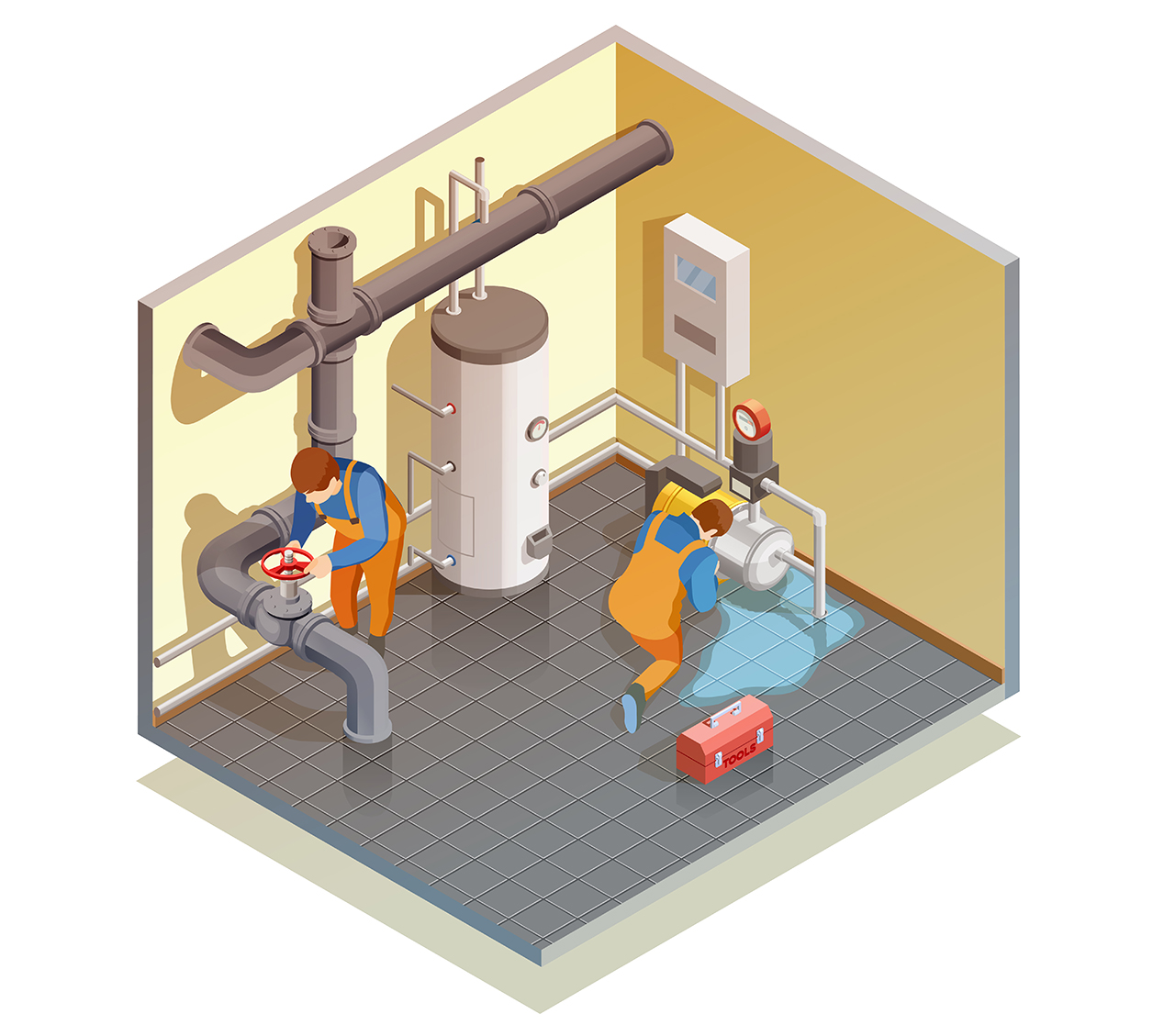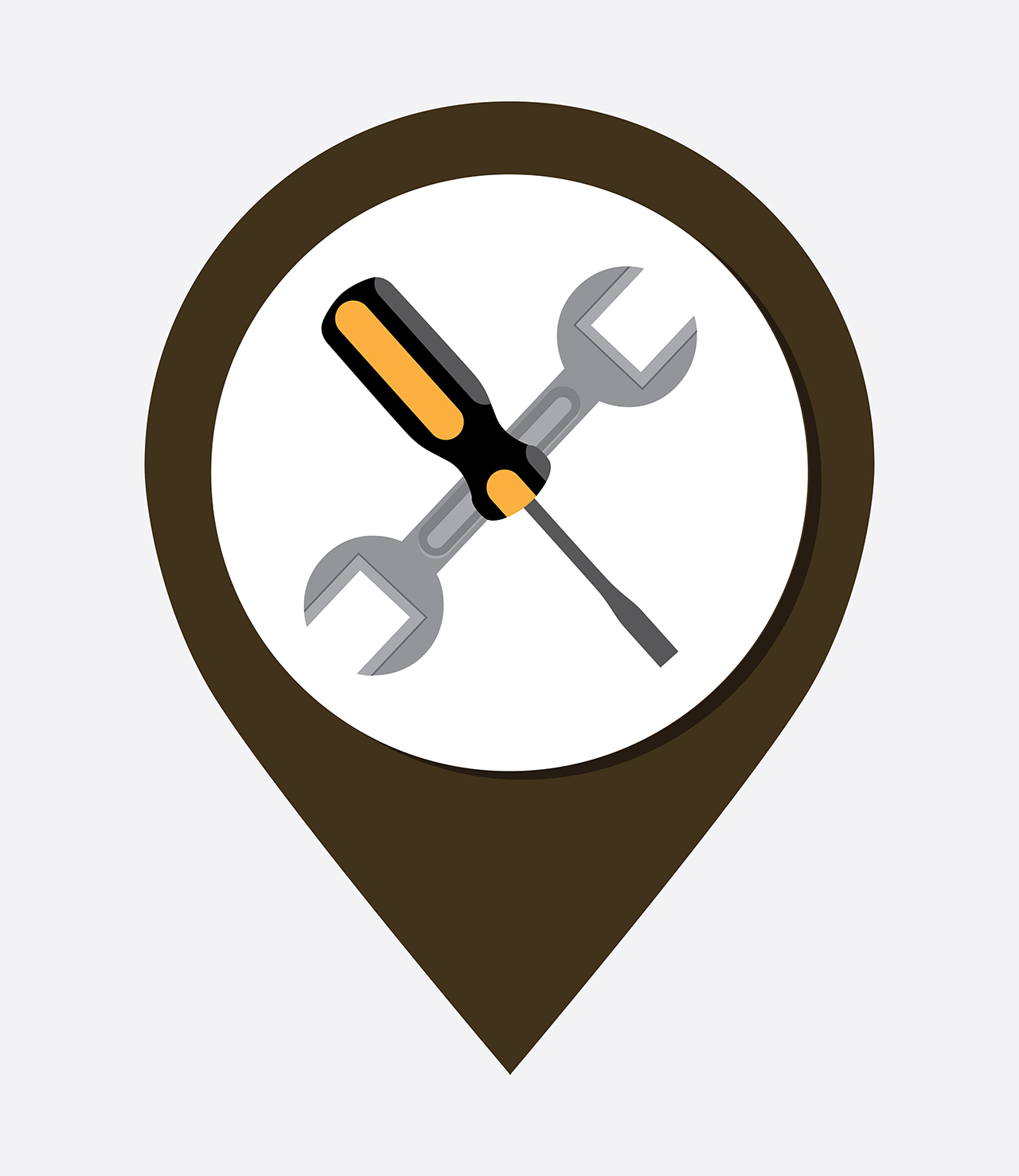Boilers play an essential role in keeping your home or business warm and comfortable. But like any mechanical system, they require regular maintenance to function efficiently and avoid costly breakdowns. If you're asking yourself, "Does my boiler need maintenance?" the short answer is yes. Proper care ensures longevity, safety, and efficiency. In the following, we'll explain why boiler maintenance is essential and offer practical tips for keeping your boiler in top shape.

Why is Boiler Maintenance Important?
1. Efficiency Boost: Over time, boilers can accumulate dust, dirt, and debris, causing them to work harder and consume more energy. Regular maintenance helps the boiler run efficiently, saving you money on your energy bills.
2. Prolonged Lifespan: Boilers are an investment, and regular check-ups can prevent unnecessary wear and tear, extending the life of the unit. A well-maintained boiler can last up to 15 years or more.
3. Fewer Breakdowns: Regular inspections help identify potential problems early, allowing you to fix minor issues before they turn into costly repairs.
4. Warranty Compliance: Many boiler manufacturers require annual maintenance to keep the warranty valid. Neglecting routine check-ups could void the warranty, leaving you with full responsibility for any repairs

Signs Your Boiler Needs Maintenance
- Uneven Heating: If some rooms are colder than others, your boiler may not be distributing heat evenly.
- Unusual Noises: Clunking or banging sounds (commonly called "kettling") can indicate a buildup of sludge or limescale.
- High Energy Bills: If your heating costs are unexpectedly high, your boiler may be working inefficiently.

Boiler Maintenance Tips for Homeowners
- Annual Service Check: It's recommended to have a professional technician inspect your boiler at least once a year. They will check for leaks, test safety controls, and ensure everything is functioning as it should.
- Monitor Pressure Levels: Keep an eye on your boiler’s pressure. It should be between 1 and 2 bars. Low pressure can reduce heating efficiency, while high pressure may cause the system to overwork.
- Check for Leaks: Regularly inspect your boiler and surrounding pipes for any signs of water leakage. Even small leaks can lead to bigger problems over time.
- Keep the Area Clean: Make sure the area around your boiler is free from clutter. Good airflow is essential for your boiler to operate safely.

Professional vs. DIY Boiler Maintenance
While homeowners can handle basic maintenance tasks like checking for leaks, certain aspects of boiler maintenance require a certified technician. Annual servicing, checking gas connections, and adjusting pressure valves should always be done by professionals to ensure the safety and longevity of your system.

When to Call a Professional
- If you notice strange noises, cold spots in your home, or a drop in water pressure, it’s time to call in a technician.
- If your boiler hasn't been serviced in over a year, schedule an inspection right away to avoid potential issues during peak use times.
Conclusion
Your boiler is a vital part of your home or business, and regular maintenance is key to keeping it running efficiently and safely. Whether it's an annual professional check or simple DIY tasks, maintaining your boiler will save you from future headaches, reduce energy costs, and ensure a warm, comfortable environment year-round.
For reliable and professional boiler maintenance services, contact FixIt today. Our expert team is here to keep your boiler in top working condition and provide peace of mind all year long.


